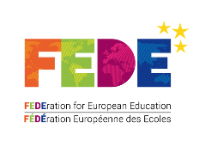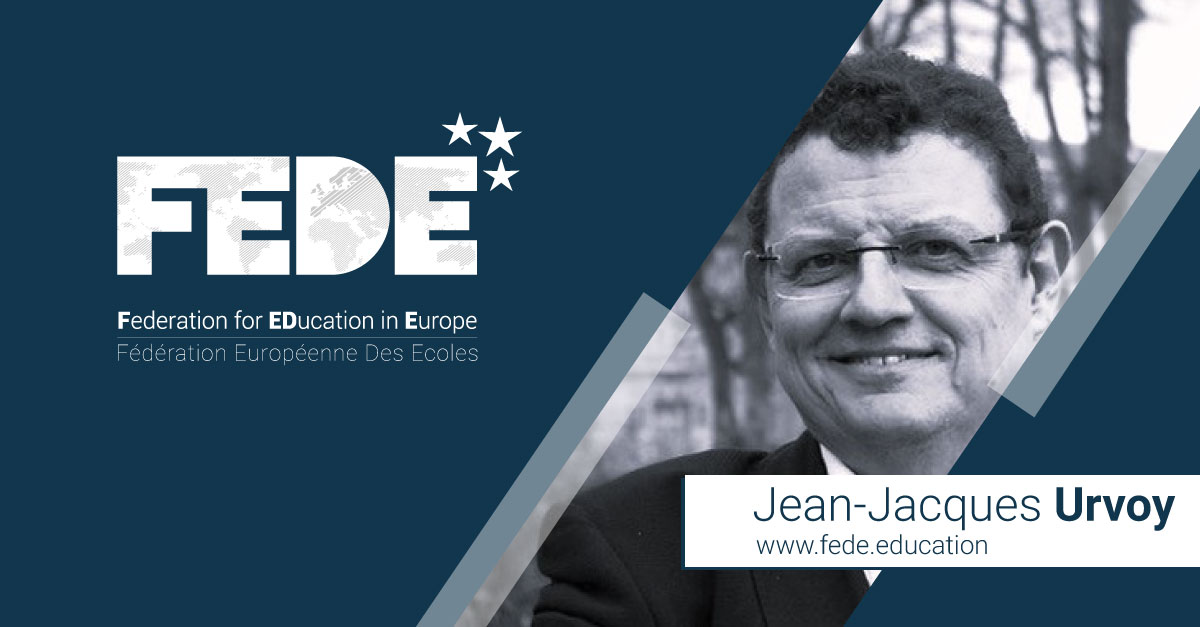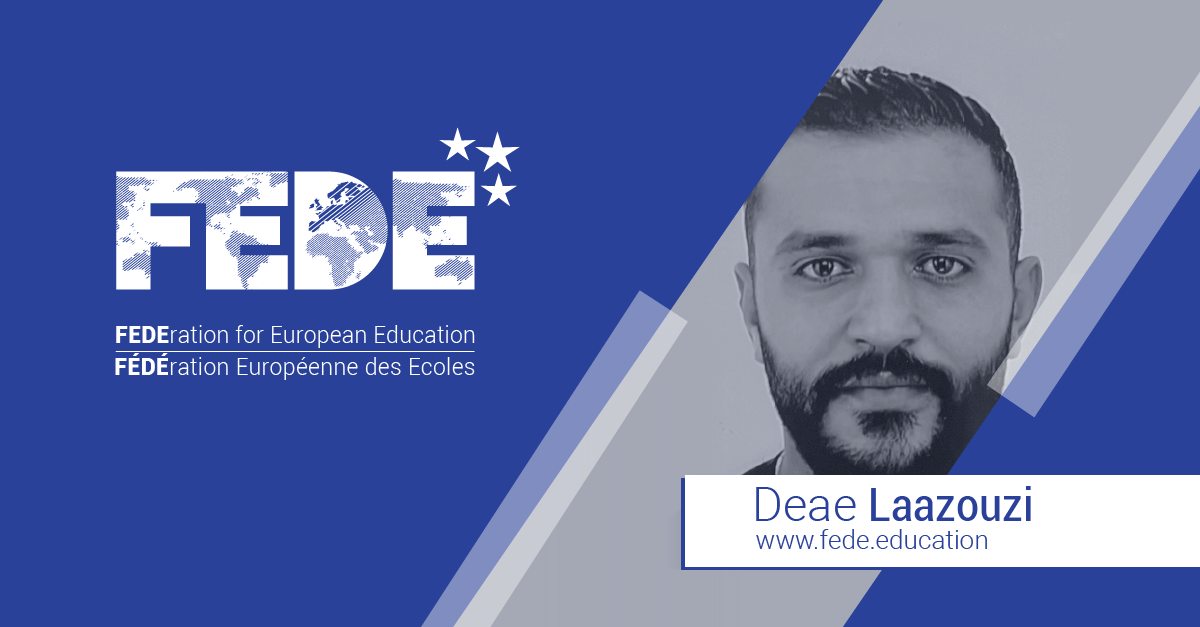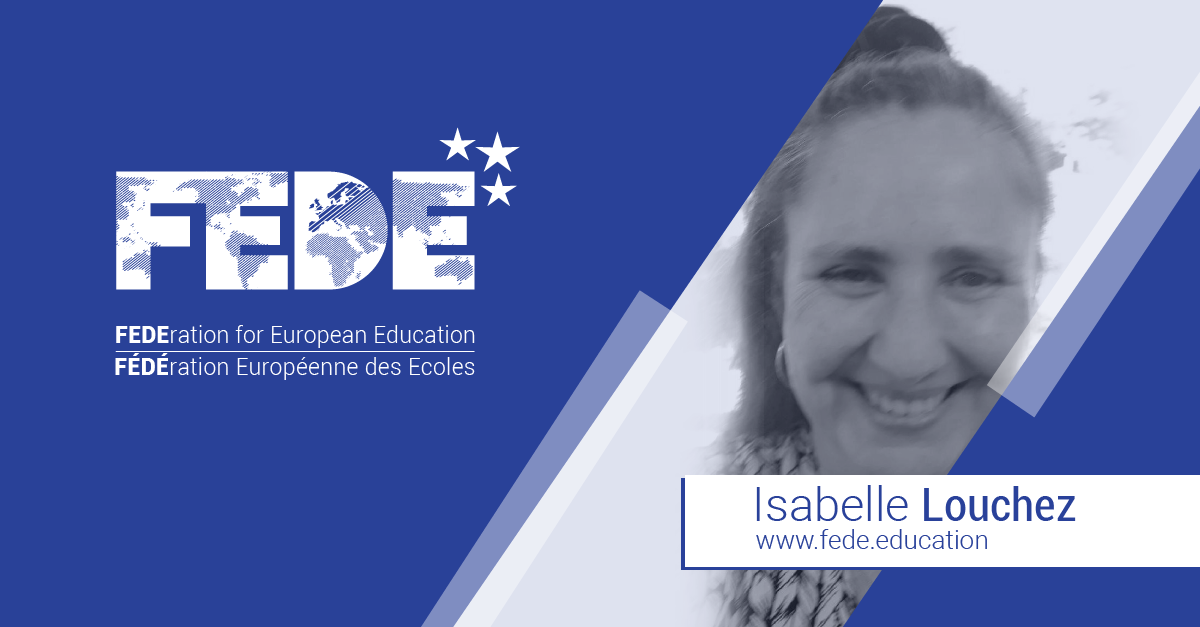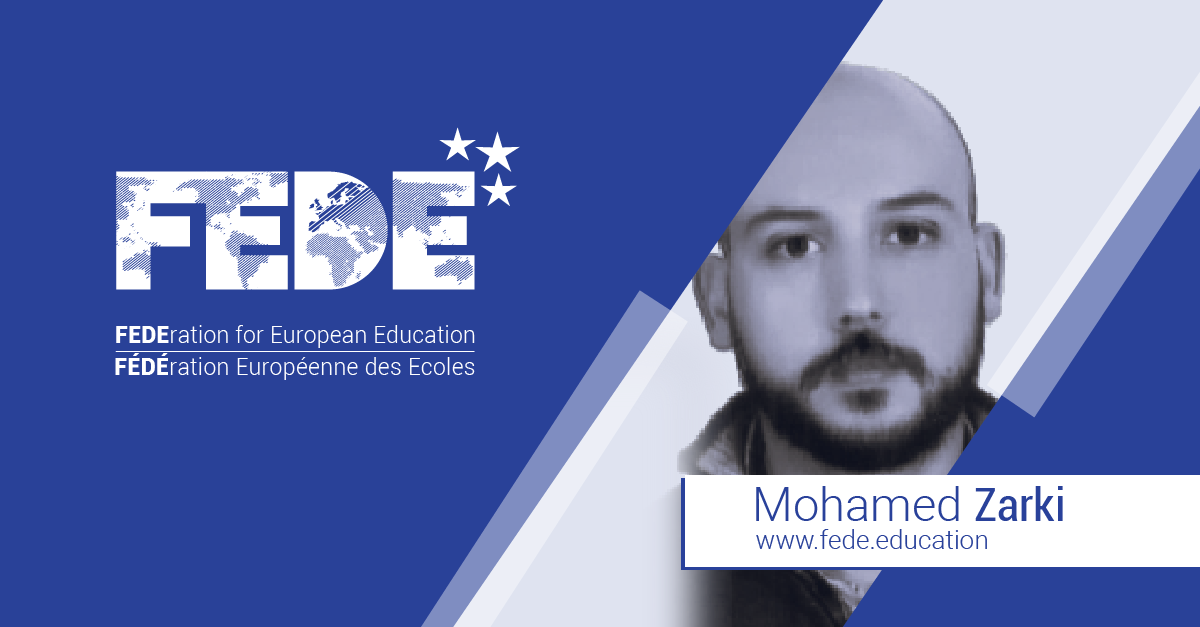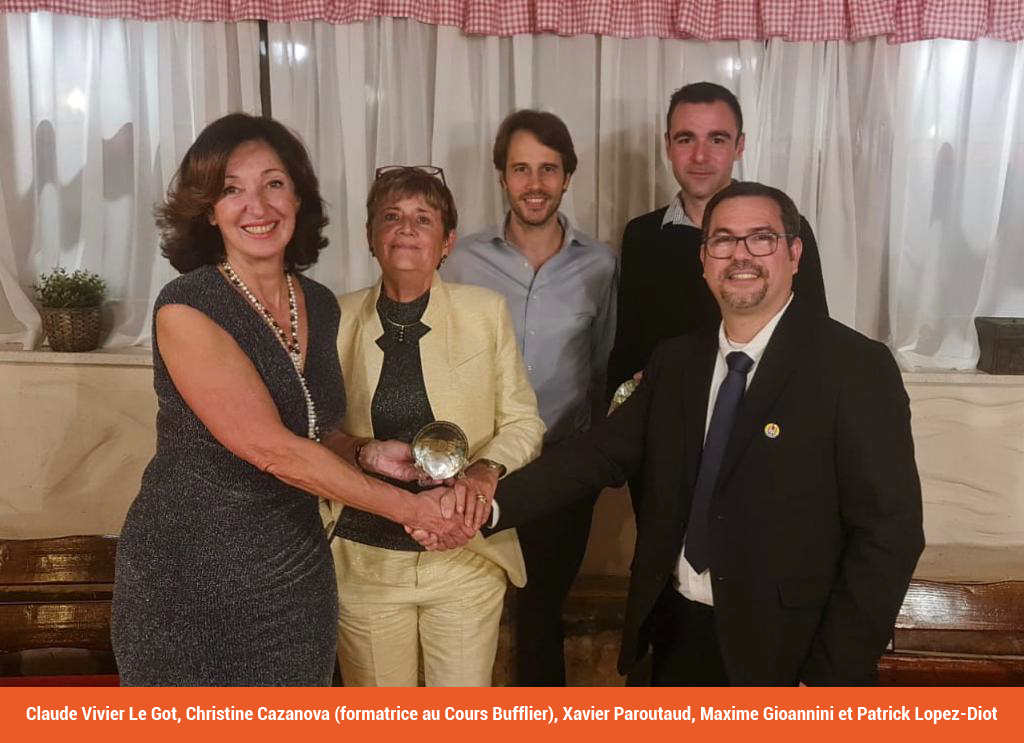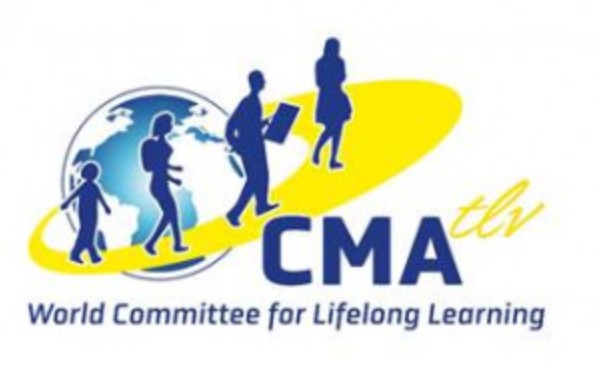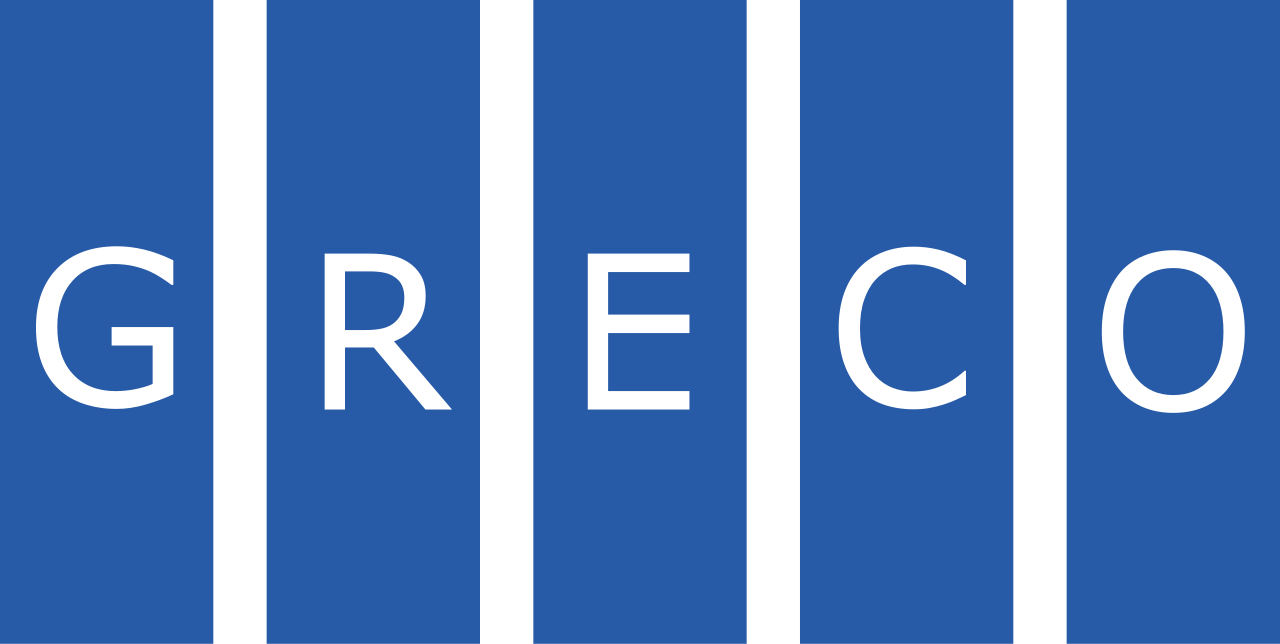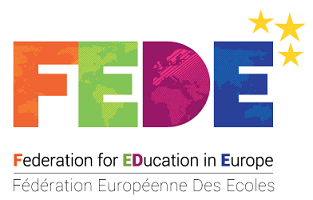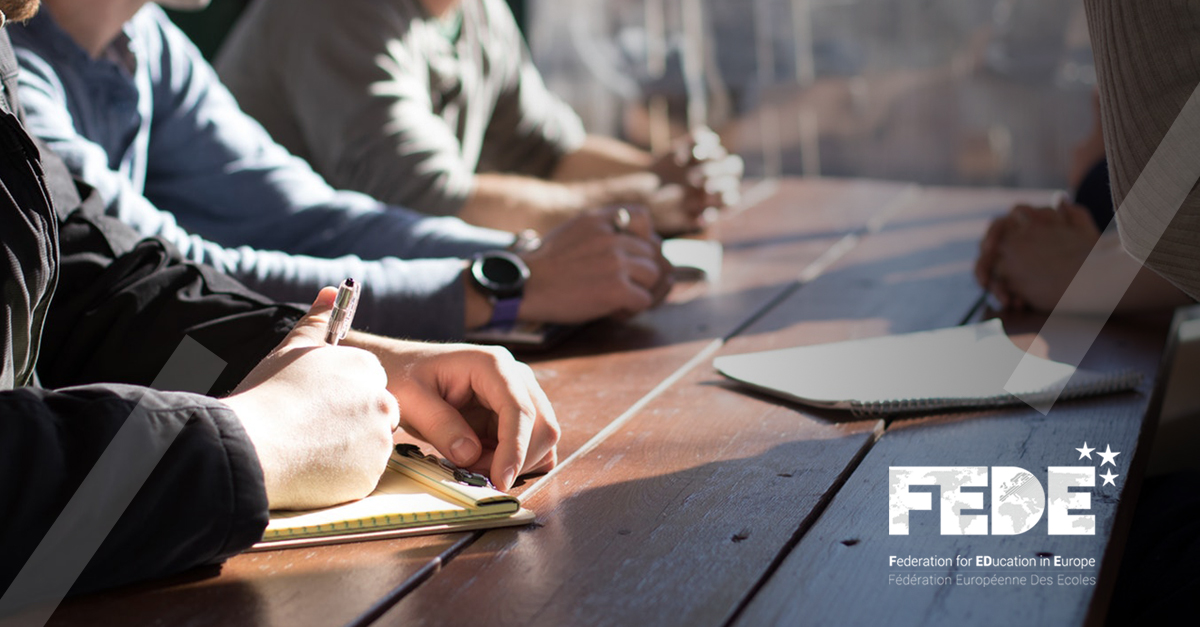International
FEDE AND EUROPE The Federation for EDucation in Europe (FEDE) is an international non-governmental organisation (INGO) enjoying participatory status with the Council of Europe (CoE), an INGO that includes 46 Member States representing more than 660 million citizens. As the leading human rights organisation in Europe, the CoE promotes the rule of law and political stability, while also encouraging the development of Europe’s cultural identity and diversity. The FEDE is a member of the Conference of INGOs of the Council of Europe, which develops participatory democracy on a pan-European basis. Participatory status within the Conference of INGOs (CINGO) is granted to organisations that are representative of their field and whose mission and work bring about a more unified Europe. As a member of the CINGO, the FEDE is [lire plus]
